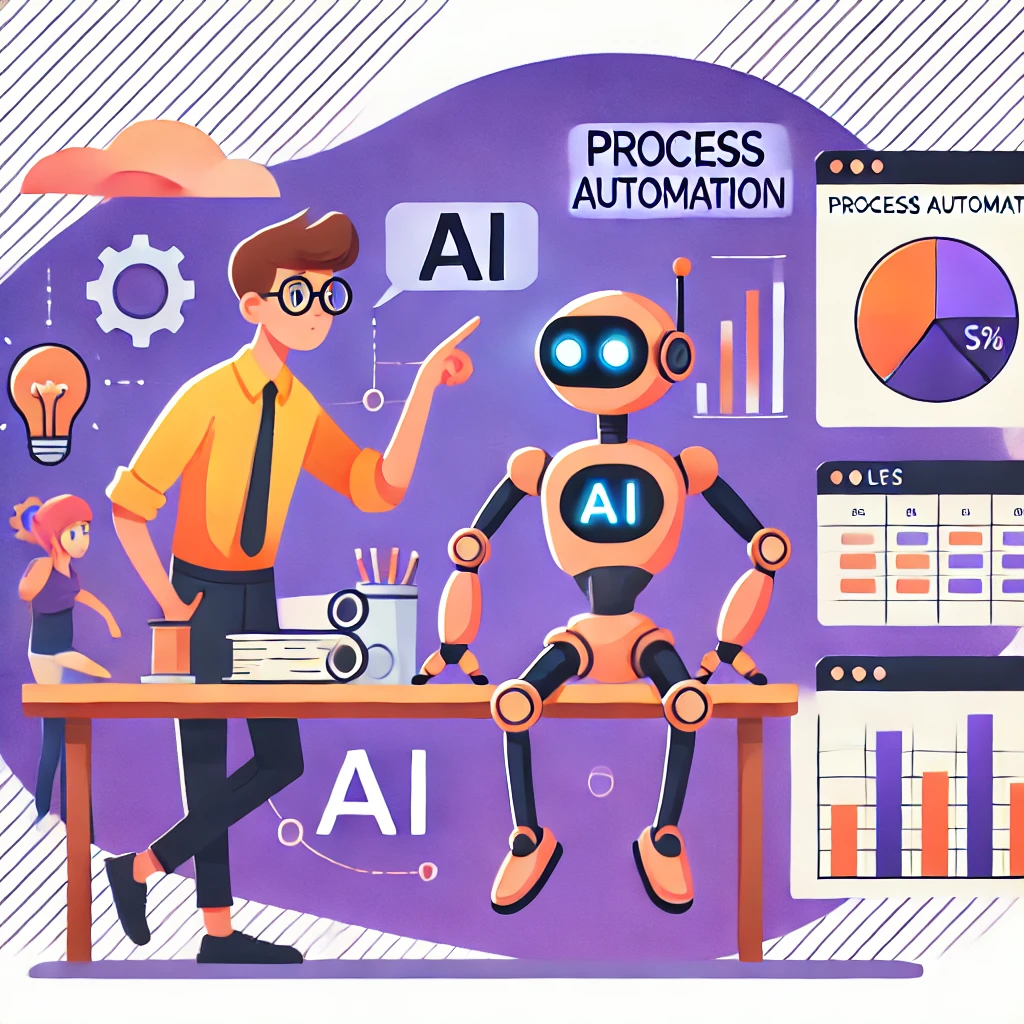In the last decade, Artificial Intelligence (AI) has emerged as one of the most disruptive and transformative technologies in the business world. From automating routine tasks to advanced customer experience personalization, AI is redefining how companies operate, interact with customers, and make strategic decisions. In this post, we will explore how AI is revolutionizing various aspects of the business world, providing companies with powerful tools to improve efficiency, drive growth, and maintain a competitive edge in an increasingly digital and dynamic market.
Digital Transformation: AI as a Driver of Business Change
AI plays a crucial role in digital transformation by offering innovative solutions that enhance operational efficiency and allow companies to quickly adapt to market changes. From AI-powered Customer Relationship Management (CRM) systems to workflow automation platforms, businesses are adopting AI-based technologies to optimize their processes and reduce costs. AI’s ability to analyze large volumes of data in real-time also enables companies to make more informed and strategic decisions, accelerating their digital transformation.

Intelligent Automation: Increasing Efficiency and Productivity
Intelligent automation, facilitated by AI, is transforming how businesses operate by automating time-consuming repetitive and administrative tasks. With the help of machine learning algorithms and natural language processing, companies can automate processes such as inventory management, order processing, and customer service, freeing employees to focus on higher-value strategic activities. This automation not only increases efficiency and productivity but also reduces the possibility of human errors, improving the quality of work and customer satisfaction.
Personalization and Customer Experience: AI at the Core of Strategy
In a saturated market, personalization has become key to standing out and attracting customers. AI allows companies to offer personalized experiences to their customers by analyzing behavioral and preference data. AI tools such as recommendation engines and intelligent chatbots can anticipate customer needs and offer products and services that truly interest them. This not only improves customer satisfaction but also increases loyalty and retention, driving business growth.
Predictive Analytics: Making Data-Driven Decisions
Predictive analytics is one of the most powerful applications of AI in business. Using advanced algorithms, AI can analyze historical and current patterns to predict future trends, enabling companies to anticipate market changes and make proactive decisions. From demand forecasting to risk management, predictive analytics helps companies optimize their operations and strategies. Additionally, AI’s ability to provide real-time insights enables more agile and precise decision-making, improving the company’s responsiveness and competitiveness.
AI in Sales and Marketing: Strategies to Drive Growth
AI is revolutionizing sales and marketing strategies by offering tools that allow for more precise market segmentation and effective campaign personalization. AI systems can analyze customer data to identify patterns and trends, helping companies direct their marketing efforts towards the most profitable segments. Additionally, AI can optimize pricing strategies and predict campaign effectiveness, ensuring a higher return on investment (ROI). In the sales arena, AI can help teams prioritize leads and provide real-time recommendations, increasing conversion rates and accelerating the sales cycle.
Challenges and Opportunities: Preparing Your Business for AI
Implementing AI in business is not without challenges. From integrating new technologies with existing systems to managing data privacy and security, companies must navigate a series of obstacles to fully leverage AI’s potential. However, the opportunities offered by AI far outweigh these challenges. By adopting a proactive and strategic approach to AI, companies can transform their operations, enhance customer satisfaction, and gain a sustainable competitive advantage. Preparing for AI involves investing in technological infrastructure, training staff, and fostering a culture of innovation that encourages experimentation and the adoption of new ideas.

